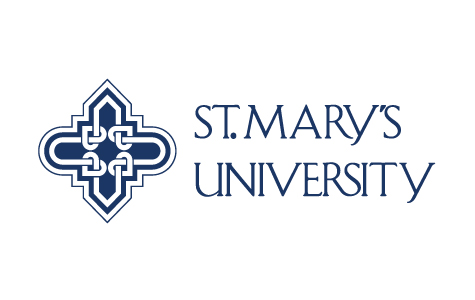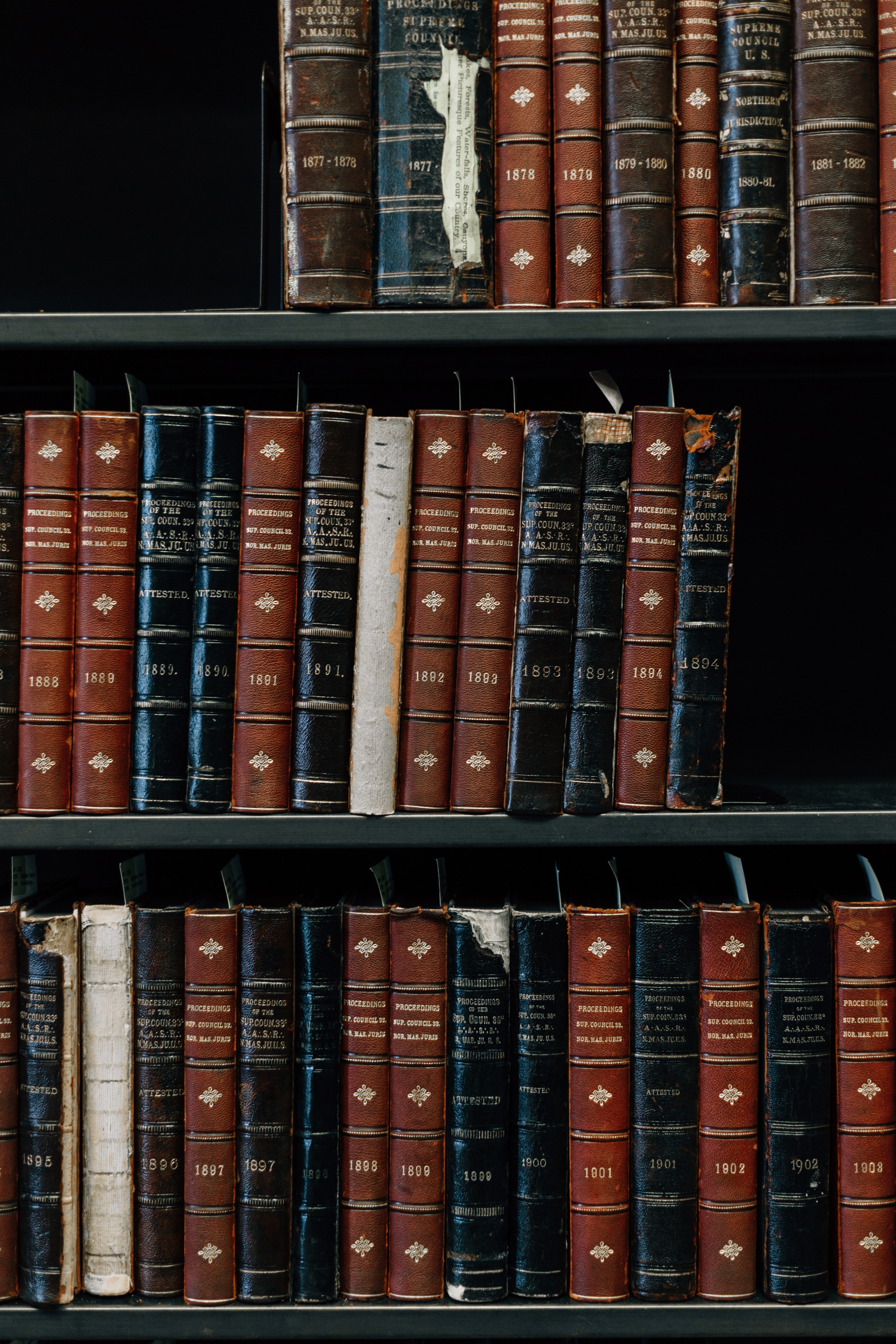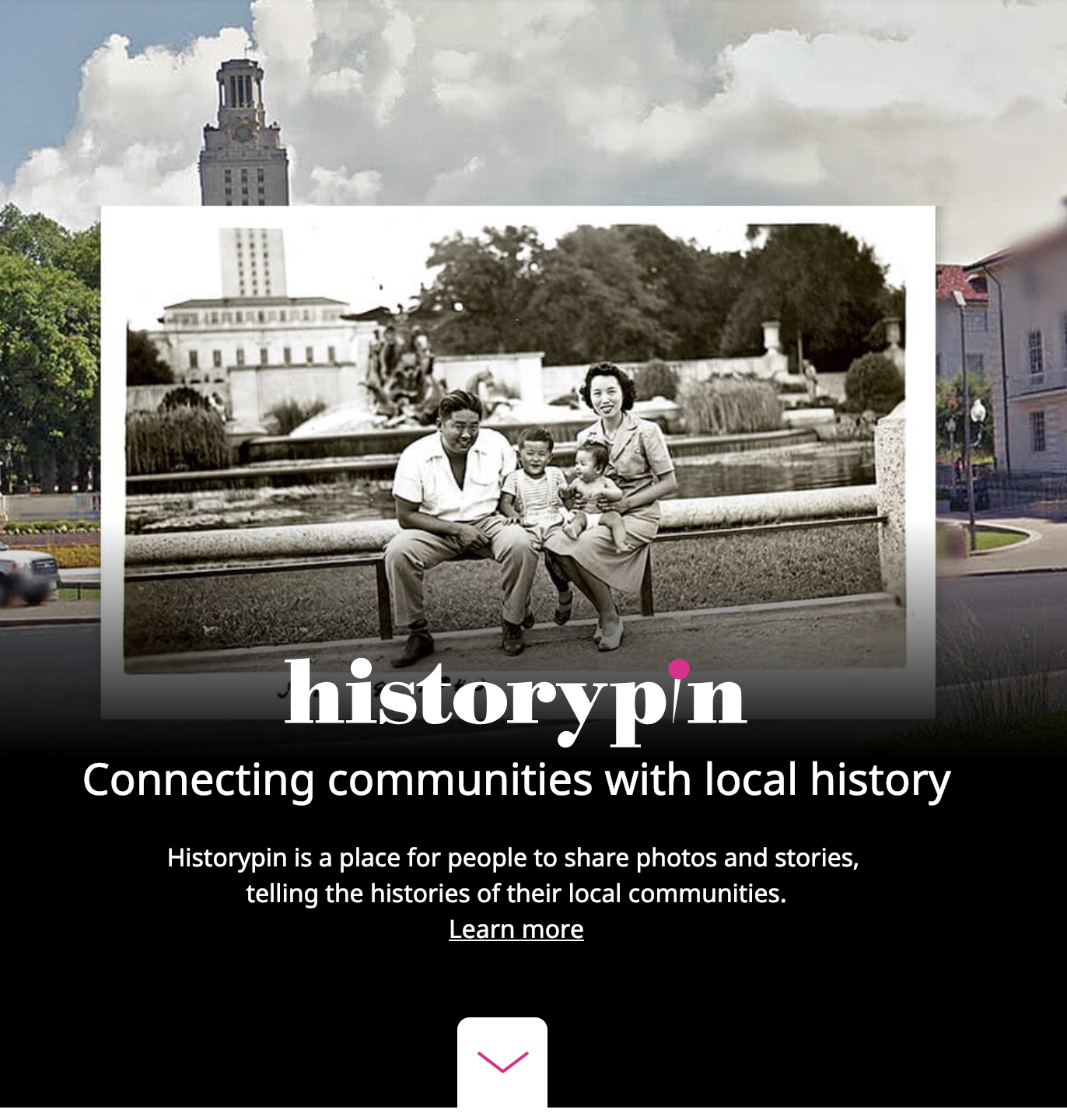HS 7310A: Public History in the Digital Age - Spring 2020

Course Information
Instructor Information
- Instructor
- Dr. Lindsey Passenger Wieck (LWieck [at] stmarytx. edu)
- Office Hours
- Tuesday 11AM-1PM; Wednesdays 5:15-6:15PM or schedule an appointment.
- Office Location
- Chaminade Tower 500 - Department of History
- Office Phone
- 210-431-8063
Course Details
- Class Time & Location
- 6:30-9:15PM Mon AND Weds, Garni Science Hall 107
- Class Dates
- Jan 09, 2020 - Feb 27, 2020
- Twitter hashtag
-
#phStMU
- IMPORTANT LINKS
- Publicly Historians: Our Blog
- Log in for Publicly Historians
Course Texts
- Required Books:
- All other readings:
- Other readings and resources will be available here or on Canvas.
Hannah Hethmon, Your Museum Needs a Podcast: A Step-By-Step Guide to Podcasting on a Budget for Museums, History Organizations, and Cultural Nonprofits (2018) | kindle, paperback, or audiobook
Course Description & Objectives
Students will learn to use digital media and computational analysis to further historical practice, presentation, analysis and research primarily for online audiences. Students will use technologies including blogs and social media, online publishing platforms, and mapping tools to create and share historical content with public audiences.
Professional interaction and networking involves respect, open dialogue, and timely responses. In this course, all students will aim to prioritize these skills.
Upon the successful completion of this course, you will be able to:
- Demonstrate experience with and knowledge about a variety of platforms used to promote, preserve, and create digital public history projects.
- Produce materials for inclusion in student’s professional portfolio that include use of digital storytelling strategies, mapmaking and visualization tools, and curation software.
- Demonstrate experience of creating and curating pieces of a digital project with a community partner to be made accessible to the public.
- Show respect, engage in open dialogue, and provide timely responses to community partners, instructors, and colleagues.
- Public speaking
- Working collaboratively with peers and community partners
- Networking and developing professional skills; developing portfolio and professional materials
- Posing historical questions; finding & analyzing primary and secondary sources; citing sources
- Using digital tools for mapmaking, digital storytelling, and sharing resources with the public
- Using principles of basic web design and content development
- Continued use of social media to connect with other public historians, as well as promoting projects for communities & stakeholders.

Schedule
Requirements
Assignments
| Component (click on labels for assignment overviews) | Points per assignment | Number of Assignments | Total |
|---|---|---|---|
| Hypothes.is For each class, you'll post at least ten substantive comments using Hypothes.is (at least 40 words minimum), and these should be spread throughout the readings. These can include replies to classmates. Make sure you are signed into the HS7310 Hypothes.is group (these comments are private to our group), and any highlights you make without comments will remain private to you. These should all be complete by 6PM for each class session.
**can complete additional weeks for extra credit** |
25 | 10 | 250 |
| Digital Reviews Using the JAH model for reviewing scholarship, review two sites over the course of the semester. Revisions required. | 75 | 2 | 150 |
| Podcast Complete a 30-minute podcast with a group + Reflection | 100 | 1 | 100 |
| Final Project & Drafts Plan and implement a digital project in consultation of the OHP over the course of the semester. | 500 | 1 | 500 |
| Other There may be additional opportunities to earn extra points. | |||
| Attendance Penalty Attendance and participation in this course are key. If a student misses more than two classes, there will be a -20pt penalty/missed class (beyond the first two classes missed). Missing even two classes may impact your engagement in this class. | |||
| TOTAL | 1000 |
Grading
The course will adhere to St. Mary's University grading scale: Graduate Grading Policies
Grading Scale
| Grade | Points |
|---|---|
| A | 925 |
| A- | 875 |
| B+ | 850 |
| B | 800 |
| B- | 775 |
| C+ | 750 |
| C | 725 |
| C- | 700 |
| D | 600 |
| F | less than 600 |
Resources
San Antonio History Resources
- Hispanic San Antonio: Three Hundred Years: A Bibliography (StMU)
- San Antonio History Matrix (UTSA)
- Carto - Mapping Big Data, Animating Time
- StoryMap JS - Mapping and Storytelling; integrating primary sources into maps
- Timeline JS
Digital History Tools
-
Finding Digital Projects
- "US Latinx and Southwestern Digital Humanities Projects"
- Recovering the US Hispanic Literary Heritage, "US Latina/o Digital Humanities" - Bibliography of Latinx DH scholarship
- Jim Casey, "Recipes for Developing Public Digital Projects"- final pages has great list of digital projects sorted by type
- Black Digital Humanities Projects and Resources - Started by @CCP_org
- List of DH Projects/Resources in Women’s and Gender History - projects being migrated to new database
- Media and Technology MUSE Awards
- SSRC, More DH Learning Opportunities
- SSRC, Digital Collections: When and how can I use a digital source?
Making Maps / Doing Digital History
- The Programming Historian
- Workshops and other Resources by Lincoln Mullen
- Rice Digital History Resource Guides
- Lincoln A. Mullen, Computational Historical Thinking With Applications in R
Class Policies
Respect
- Courtesy & Attendance
- My goal is for us to create a constructive learning environment where everyone feels comfortable sharing ideas and participating regularly. Therefore, I expect you to come on time and stay for the entire class period, listen attentively while others are speaking, and respect opinions other than your own. Chronic tardiness or absences will result in the lowering of your grade. This course adheres to St. Mary's University Attendance Policy - Students may receive a zero for any work missed due to an unexcused absence, and may be dropped for missing an equivalent of two weeks of classes
- Laptops and Mobile Devices
- Because this is a public/digital history class, please feel free to bring laptops and other devices to work on projects, take and consult notes, and to refer to any digital readings. However, if I feel laptops and tablets are becoming a distraction, you will be asked to put them away. I reserve the right to ban laptops and tablets if they become a problem.
- Respect in Class and Online
- Because you will be given many opportunities to interact in person and online, please respect each other. No bullying or disrespect will be tolerated. If you are experiencing any problems, please let the instructor know, and we can work together to resolve any issues.
- Social Media
- On all social media accounts used in this course (blogs, Twitter), students are expected to uphold professional standards that meet university and professional codes of conduct.
- Disability Statement
- NOTE: In accordance with Section 504 of the Rehabilitation Act and the Americans with Disabilities Act Amendment Act, Student Accessibility Services is the designated office responsible for coordinating all accommodations and services for students with disabilities at St. Mary’s University.
- St. Mary’s University supports equal access of qualifying individuals with documented disabilities to all educational opportunities, programs, services and activities. If you have a documented disability, or a condition which may impact your performance and want to request disability-related accommodations, you must first register with the Office of Student Accessibility Services, located in the Student Counseling Center (in the Center for Life Directions Building) in room 139. Please stop by the Student Accessibility Services Office, call 210-431-5080 or email stmudsts@stmarytx.edu to set up an appointment to meet with the Student Accessibility Services staff.
Assignments / Grading
- Due Dates
- Hypothesis assignments do not allow for late work to be submitted. These MUST be done before you come to class, in preparation for class discussions.
- Final Project components must be complete by the dates listed. Because the OHP has generously agreed to work with us, it's important that we respect their time.
- Digital reviews, podcasts, and project components that are submitted late may not receive detailed written feedback -- this prevents you the opportunity to learn and grow and possibly to have the opportunity to revise your work. The deadline for all work is February 27.
- If you are struggling to keep up, I encourage you to reach out to talk via email or by stopping by office. Graduate school can be a big transition, and it's easy to fall behind. Please reach out before this builds up so much that it will be hard to catch up.
- In extraordinary circumstances (e.g. personal emergency or medical situations), please email me if you'll be missing class or missed another assignment, but you must contact me before the due date.
- Honor Code
- I take the university Honor Code very seriously, and I expect the same from you. Please make sure you are familiar with the guidelines regarding academic honesty, plagiarism, cheating, etc. The graded work you do in this class must be your own. In the case where you collaborate with other students make sure to fairly attribute their contribution to your project. Be sure to cite your sources to avoid issues of plagiarism and dishonesty. See me immediately if you have questions or doubts about what constitutes academic dishonesty, especially plagiarism. If an assignment is plagiarized in part or in full, the student receives a failing grade on that assignment and the incident will be reported to the Dean of the School of Humanities and Social Sciences.
-
Other
- Accessibility
- If you have any questions or concerns throughout the semester, please see or call me immediately. I am here to help you learn, but it is your responsibility to address any issues you have concerning course content, assignments, and classroom dynamics. Do not risk your grade; if you are having problems, please come and talk me before it is too late.
- Syllabus Modifications
- This syllabus will serve as our guide throughout the semester, but may change, particularly as we identity digital skills we would like to pursue throughout the semester. I will alert you to any major changes made.
- University Policies
- St. Mary’s University is committed to providing a safe, equitable, and fair environment where students can pursue academic excellence. Policies and procedures have been developed to foster and sustain such an environment and apply to all courses offered at the
university. Students need to be aware of these policies and procedures, which can be found in Gateway, and within the “University Policies” tab of your course assigned Canvas page. Please become familiar with these important policies and procedures, which include:
- Nondiscrimination, Sexual and Other Forms of Harassment
- Students with Disability
- Human Subjects Research.
- Study Days and Exam Days Policy
- In this class, final projects and presentations will be due on February 26.
- Acknowledgments and license
- This syllabus borrows ideas/readings/wording from other history classes, including those taught by Rebecca S. Wingo, Leisl Carr Childers, Jason Heppler, Trevor Owens, Kristen Baldwin Deathridge, Sean Kheraj, Jason Heppler, Michael J. Kramer, Jim Ambuske, Loren Moulds, and Amanda Hill.
This syllabus and all assignments are copyrighted © 2020 Lindsey Wieck and licensed CC-Non-Commercial BY 4.0. You are free to use or modify this syllabus for any non-commercial purpose, provided that you attribute it to the author, preferably at the course website listed above.



